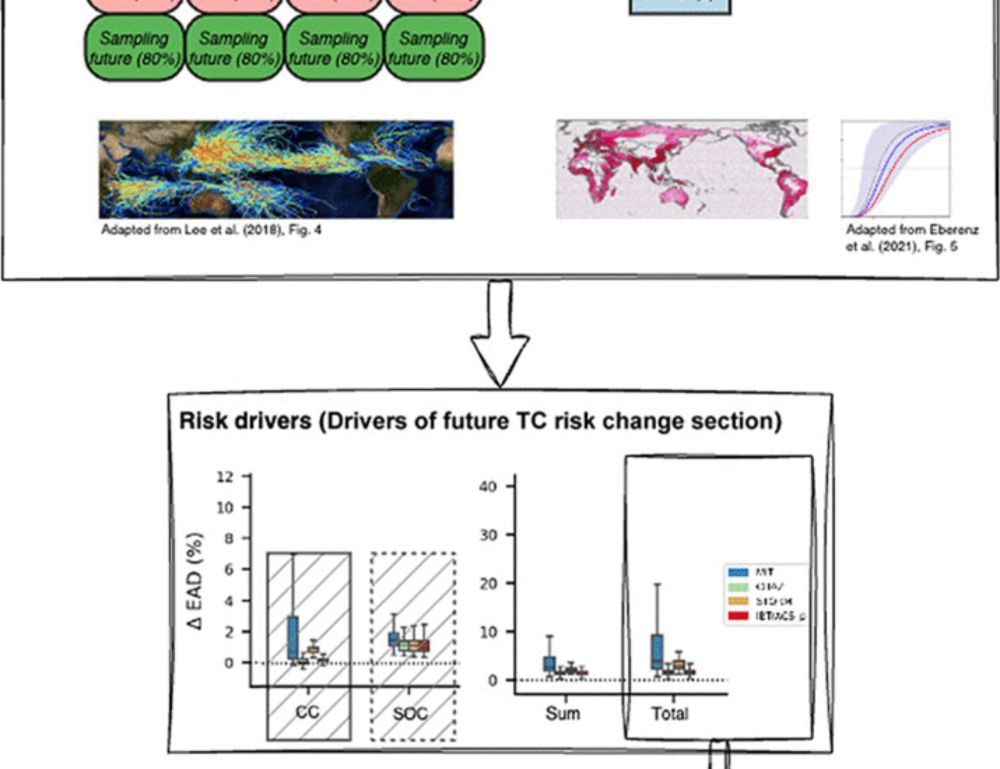Emily Gordon
@emilygordynz.bsky.social
300 followers
83 following
12 posts
Lecturer @ University of Auckland | Climate variability + data science | emilymgordon.com
Posts
Media
Videos
Starter Packs
Reposted by Emily Gordon
Reposted by Emily Gordon
Reposted by Emily Gordon






